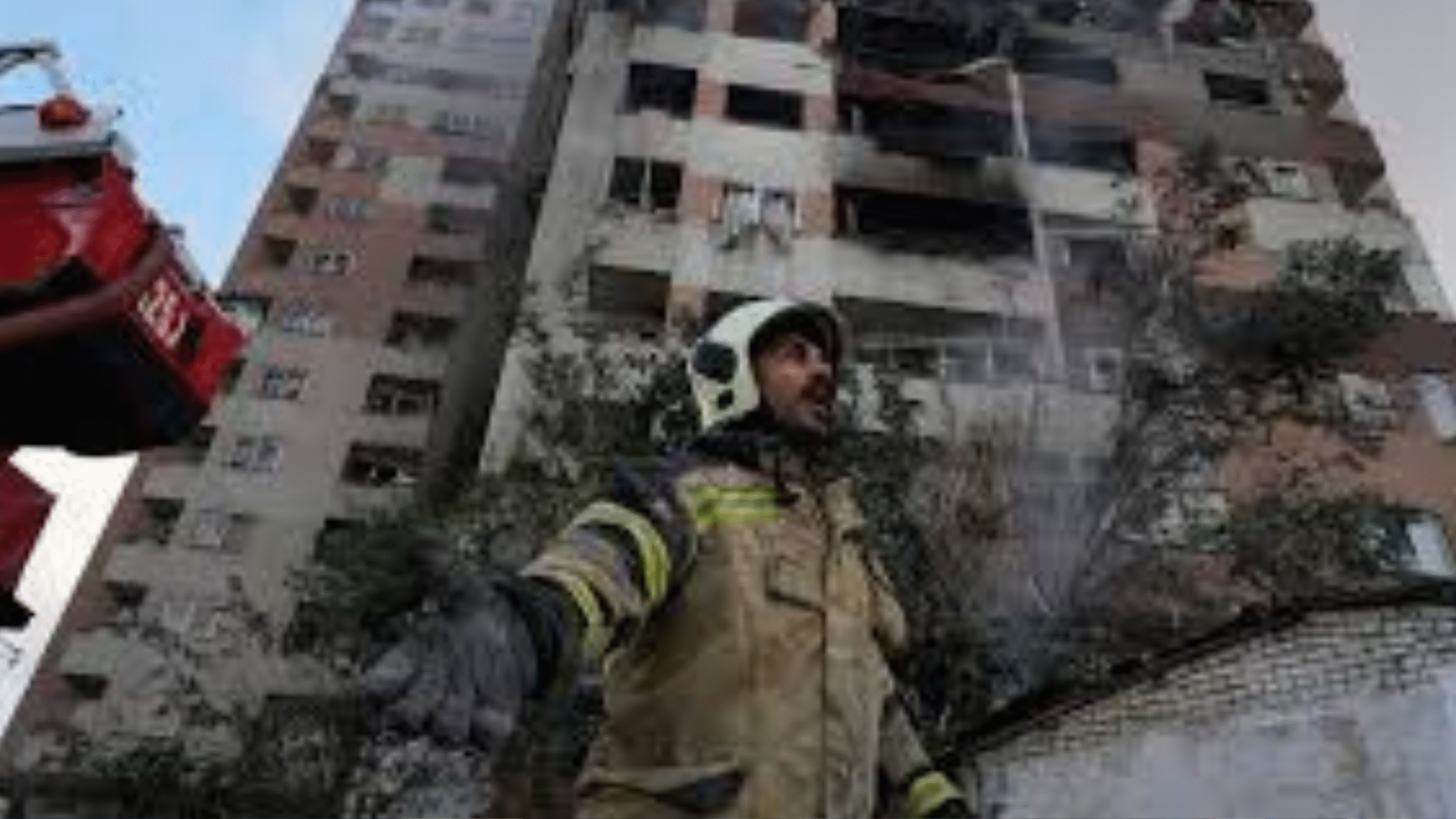Israel Strikes Iran’s Nuclear Sites in Bold Preemptive Attack
Israel strikes Iran as it launches major attacks on nuclear and missile sites early June 13, 2025, escalating regional tensions. The attacks, known as Operation Rising Lion, rocked the area and the international diplomatic community.
Explosions Shake Natanz and Tehran
Massive explosions startled Tehran residents as Israeli fighter planes hit strategic targets, including the uranium enrichment plant at Natanz. Thick black smoke billowed over the city, while residential areas also suffered collateral damage.
Israeli Leadership Claims Existential Threat
Prime Minister Benjamin Netanyahu justified the strikes as necessary to prevent Iran from acquiring nuclear weapons. “This is a clear and present danger to Israel’s very survival,” he declared.
Netanyahu also emphasized the operation was not against the Iranian people, but the regime, expressing hope that it would inspire change within the country.
Iranian Top Command Killed in Airstrikes
Iranian state media confirmed the deaths of two top military leaders:
- Gen. Hossein Salami, leader of the Revolutionary Guard
- Gen. Mohammad Bagheri, chief of staff of Iran’s armed forces
Several nuclear scientists and missile officials were also reportedly killed, marking one of the most damaging single attacks Iran has suffered since the 1980s.
Iran Retaliates with Drone Assault
In response, Iran launched over 100 drones toward Israel. Iraqi officials confirmed the drones crossed over Iraq. Israel’s military reported intercepting the drones outside its airspace, though fears of further escalation loom.
Regional Fallout and Global Reaction
- Airspace Closures: Israel, Iran, Iraq, and Jordan closed their airspace.
- Oil Prices Spike: Brent crude surged nearly 8% as tensions rose.
- U.S. Response: The Trump administration denied involvement and warned against retaliation on U.S. interests. Secretary of State Marco Rubio reiterated that Israel acted alone.
U.S. Watches Cautiously
President Trump held a National Security Council meeting following the attack. While urging restraint from Israel in earlier talks, the U.S. has so far not intervened, focusing instead on safeguarding American personnel in the region.
Nuclear Concerns Heightened
Just days earlier, the IAEA censured Iran for lack of cooperation with nuclear inspections. Iran responded by upgrading its centrifuges and expanding enrichment capacity. Israeli officials say this raised the urgency for immediate military action.
Public Attitude and Political Consequences
The Israeli public is generally in favor of taking action against Iran, but any Iranian counterattacks that injure civilians might change that opinion. Netanyahu’s government is still under strain from the Gaza War in a number of ways.
Source: AP News
